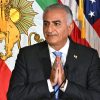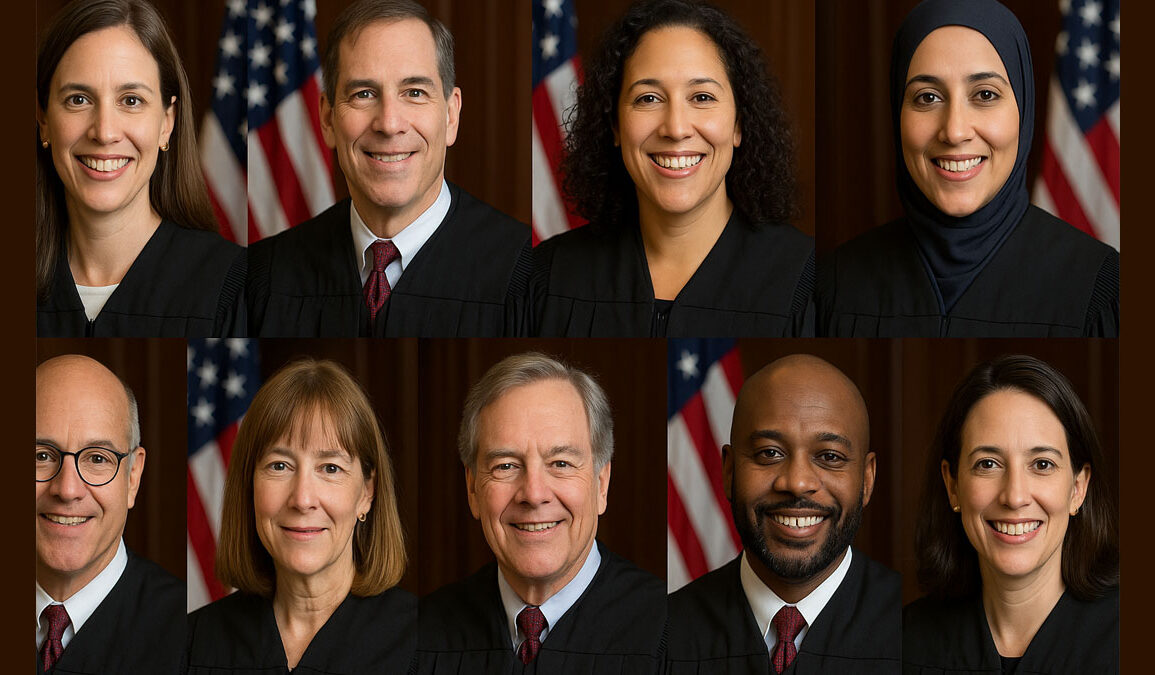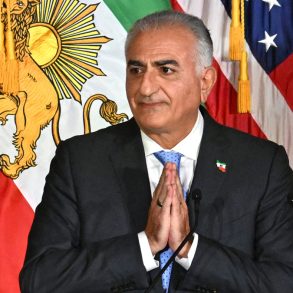President Donald Trump has often spoken of the legal battles that blocked his policies. What many Americans may not realize is that the vast majority of those nationwide injunctions came from just five federal courts. These courts issued 35 out of 40 universal injunctions that stopped Trump’s executive orders in their tracks. As Attorney General Pam Bondi said, this showed how a “handful of radical left judges” tried to stop the policies Americans voted for.
The Five Courts at the Center of the Fight
Which Five Courts Led the Charge?
The five courts were:
- The U.S. District Court for Maryland
- The U.S. District Court for the District of Columbia
- The U.S. District Court for the District of Massachusetts
- The U.S. District Court for the Northern District of California
- The U.S. District Court for the Western District of Washington
These courts were repeatedly chosen by plaintiffs who wanted to halt Trump’s policies across the entire country, not just for the people involved in each lawsuit.
For example, Maryland Judge Deborah Boardman blocked Trump’s executive order ending birthright citizenship. In California, Judges William Alsup, Susan Illston, and William Orrick issued injunctions stopping Trump’s efforts to defund sanctuary cities and scale back diversity and inclusion programs. In Washington, Judge Jamal Whitehead barred Trump’s suspension of refugee resettlement.
Several of the same judges also signed orders against Trump’s policies on transgender military service, federal workforce cuts, and immigration enforcement, creating a pattern of repeated legal roadblocks in the same jurisdictions.
In Maryland, Judge Deborah Boardman issued a nationwide injunction in February 2025 that blocked Trump’s executive order ending birthright citizenship for children of illegal immigrants. This came after a lawsuit brought by five pregnant women who were in the country illegally. Bondi called this and other decisions from these courts an example of “judicial overreach” that “undermines the democratic process.”
In Massachusetts, Judge Julia Kobick blocked Trump’s order requiring passports to reflect biological sex rather than gender identity. The court also stopped Trump’s efforts to end a parole program for migrants from Afghanistan, Latin America, and Ukraine.
In the Northern District of California, Judge William Orrick barred the Trump administration from cutting federal funds to sanctuary cities. Judge Susan Illston stopped Trump’s reduction in federal workforce initiatives. Judge William Alsup ordered agencies to reinstate federal workers who had been fired as part of Trump’s effort to shrink the government.
The District of Columbia court issued several injunctions as well. Judge James Boasberg prevented Trump from using the Alien Enemies Act to deport violent gang members. Trump responded at the time by saying, “People are shocked by what is going on with the Court System. I was elected for many reasons, but a principal one was LAW AND ORDER.” Judge Ana Reyes blocked Trump’s ban on transgender military service, and Judge Loren AliKhan stopped the freezing of federal grants.
In Washington State, Judge Jamal Whitehead halted Trump’s suspension of the U.S. Refugee Assistance Program. That court also blocked his executive order ending birthright citizenship.
Nationwide injunctions are court orders that stop a federal policy from taking effect anywhere in the country, not just for the plaintiffs in a case. These orders grew dramatically during Trump’s time in office. According to the Harvard Law Review, Trump’s first administration alone faced 64 such injunctions. That is more than double the number issued against Bush, Obama, and Biden combined.
Bondi said, “Active liberal judges have used these injunctions to block virtually all of President Trump’s policies. No longer. No longer.” Trump himself described the use of these injunctions as a “grave threat to democracy” that allowed a few judges to override the will of voters.
The Supreme Court Ends the Practice
On June 27, 2025, the Supreme Court ruled 6-3 that lower court judges cannot issue universal injunctions. Justice Amy Coney Barrett wrote for the majority, saying, “Federal courts do not exercise general oversight of the Executive Branch; they resolve cases and controversies consistent with the authority Congress has given them.”
The ruling came in a case involving Trump’s birthright citizenship order. Barrett explained that courts can only grant relief to the parties before them. She added that universal injunctions were “conspicuously nonexistent” throughout most of American history.
Justice Clarence Thomas warned lower courts not to try to get around the decision by rushing to certify nationwide class actions without proper legal justification. Justice Samuel Alito agreed, saying courts should not view the ruling “as an invitation to certify nationwide classes without scrupulous adherence to the rigors” of legal rules.
Trump celebrated the ruling, calling it “a monumental victory for the Constitution, the separation of powers, and the rule of law.” He said, “I was elected on a historic mandate, but in recent months, we’ve seen a handful of radical left judges effectively try to overrule the rightful powers of the president to stop the American people from getting the policies that they voted for in record numbers.”
Attorney General Bondi echoed that, saying, “Americans are finally getting what they voted for. No longer will we have rogue judges striking down President Trump’s policies across the entire nation.”
Not everyone agreed with the ruling. Justice Sonia Sotomayor, writing in dissent, said, “Today, the threat is to birthright citizenship. Tomorrow, a different administration may try to seize firearms from law-abiding citizens or prevent people of certain faiths from gathering to worship.” She argued that the court was weakening constitutional protections for people who are not directly part of a lawsuit.
Supporters of the decision said it was long overdue. Senator John Kennedy stated, “Anybody who knows a law book from an L.L. Bean catalog knows that federal judges just made up this concept of universal injunctions. They just made it up because they don’t agree with what a president or Congress has done.”








